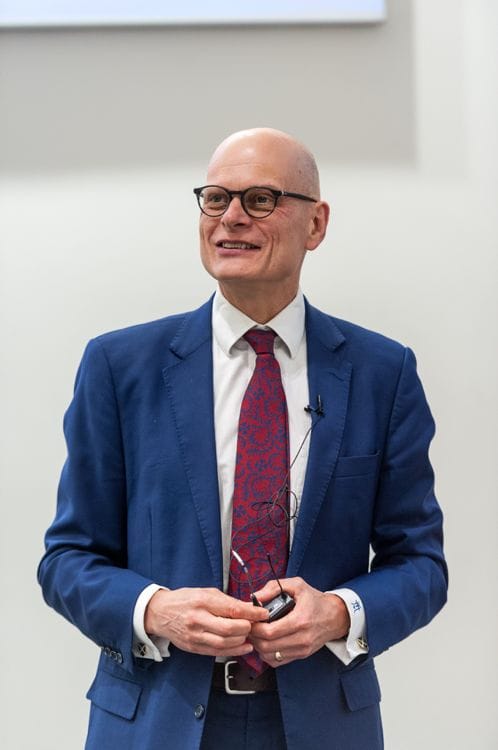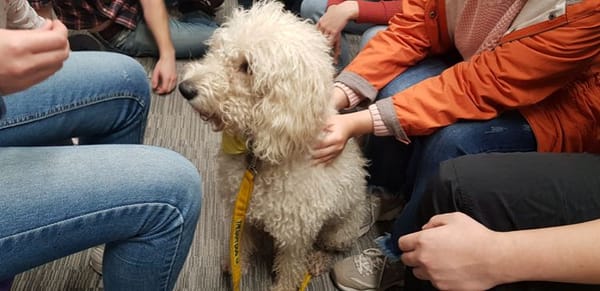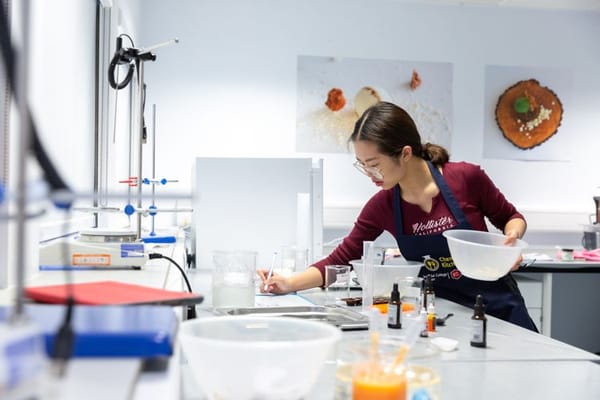Record Turnout at Autumn Elections
The elections this year topped the charts in terms of turnout for Autumn, cresting 34% - Felix breaks down the stats and speaks to the Elections team
The Autumn elections ended on Thursday 24th October, with 329 student reps elected. Felix breaks down the data with the help of the Union Elections Team, and spoke to them about what made turnout so excellent this year.
To break down the data: the total turnout emerged at 34.31%, corresponding to over 7000 voters for the first time ever – a large improvement in a short time, given that last year was the first time 6000 voters had been reached. The record was set for both undergraduate and postgraduate involvement – especially undergraduate, with a 5% increase over last year – and sits significantly above the average turnout for UK universities.
There’s a sense of competition at Imperial, between faculties and departments – so let’s take a look at the best of each for turning out.
The Faculty of Engineering blew the competition away with a whopping 40.0% turnout, with the Faculty of Natural Sciences falling behind at only 36.6%. Both, however, are carrying their counterparts with results above the overall average of 34.31% – with the lowest faculty being the “IC” faculty representing students outside of the four that encompass most courses, reaching only 19.6%.
Science, however, took revenge and won out with regards to Council Rep turnouts, with 24.54% casting their vote for undergraduate representative – closely followed by Engineering again. The lowest turnout was 9.04% for postgraduate Medicine rep!
The position with the highest turnout was, contrary to the norm, a postgraduate rep – specifically, for the Electrical and Electronic Engineering: MSc Control Systems academic representative. 24 out of 27 voters for the role turned out, leaving a truly impressive 88.89% turnout. There were five more rep positions with a turnout above 80%, and another eight above 70% - all of whom more than double the overall average!
Departmentally, there were six that broke Engineering’s record, passing 40% overall turnout. The highest were Earth Science and Engineering, with 45.11% turnout, followed very closely by Bioengineering at 45.01% - with amounts to just a couple of students extra!
As a fun fact: the most hotly contested role was for International Officer, which had almost 30 candidates and went over 20 rounds using the Single Transferrable Vote system!
Felix spoke to Keriann Lee, Head of Student Voice and Communications, about who works on elections and how they generated more engagement than ever before.
Elections are run by the Elections Working Group, which is led by Keriann and features a cross-section of staff from various teams. This includes representatives from the Systems team, who manage the custom voting system and built the new complaints solution; from Representation and Activities, who ensure all relevant positions are included; and the Marketing team, who raise awareness across the College. There are then two DROs, who interpret the rules during the election cycle. It is important to note that no elected positions (such as the Union President and Deputy Presidents) are allowed to participate, to avoid risks of conflict of interest, though students are consulted via the Governance Committee – who oversee timelines and have general oversight – and the Union Council, who determine the by-laws.
The collection of this group of interdisciplinary people requires a tightly-managed effort to pull together – and this year, they made several changes to increase participation. As Keriann said:
“There have been a number of improvements to our elections over the past year and a half. We have tighter project management with dates for each poll set well in advance and laser-like focus of the project team several weeks ahead of the event; we have streamlined our complaints procedure to make it both easier to use from a student standpoint, but also easier to manage internally, with non-student facing managers serving as DROs and a separate staff member handling queries specifically.”
With regards to turnout, there have also been more direct changes. “We now spend more time during the nominations process ensuring that students understand the roles, why they are important, and what the commitment is. This, coupled with greater multi-campus promotion, tends to lead to a stronger field of candidates and a greater appreciation for the role of Reps to the overall student experience at Imperial. The result is greater investment in the election outcomes, stronger student campaigns, and ultimately higher turnout. Better segmenting of our communications is also key.”









